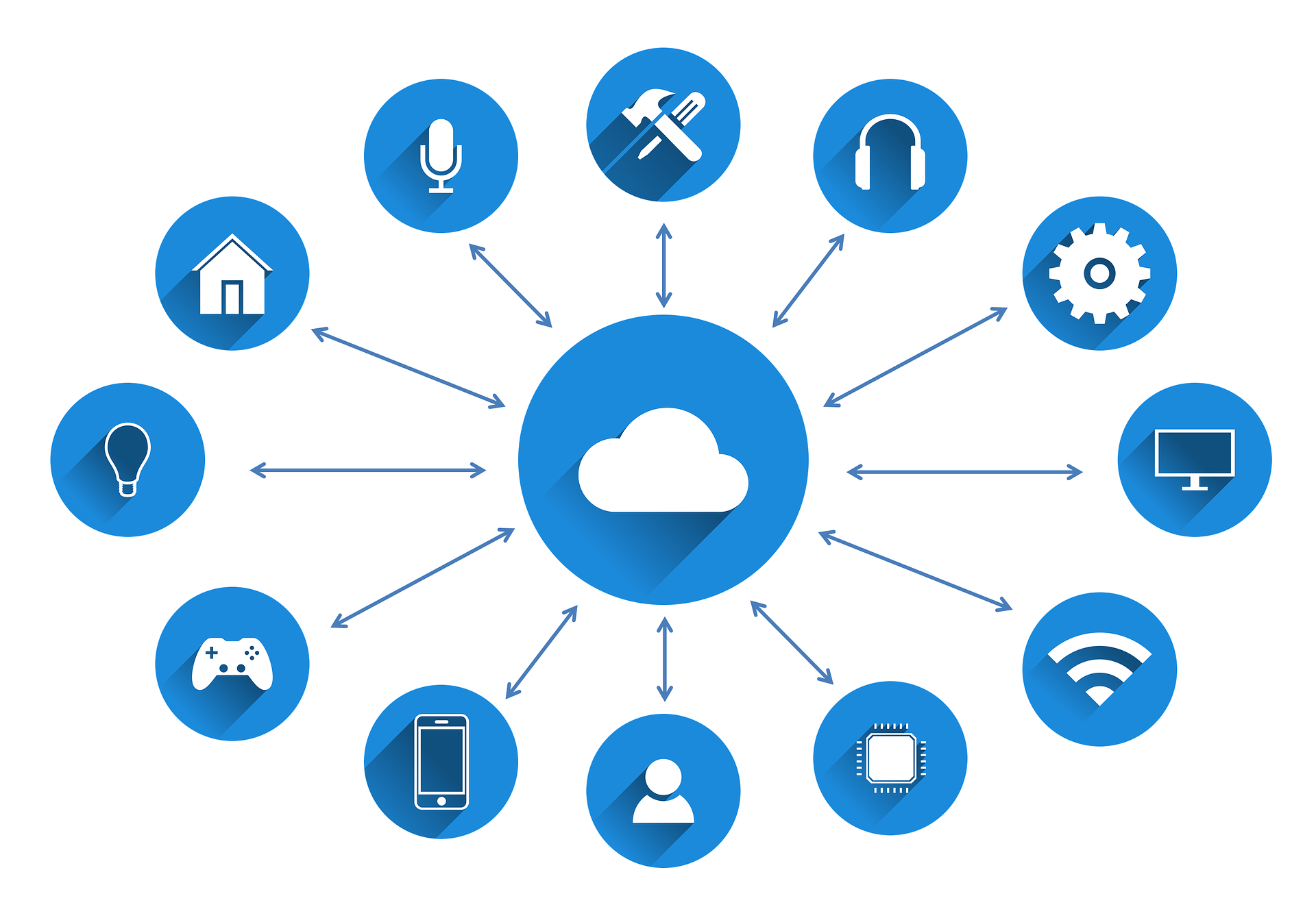The realms of IoT, Ai, and intuitive technology are constantly evolving. The IoT umbrella streamlines processes and enables a seamless marriage of technology and real-world activity. Thought leader, investor, and IoT expert Jason Hope considers intuitive technology as the propellant for the future. Now, as the world collectively awaits the Post-Coronavirus “new normal”, leaders like Jason Hope are considering ways that intuitive technology can shape the short-term future.

IoT In Healthcare
According to Hope, implementing AI and intuitive technology into mainstream healthcare can benefit humanity in the immediate future. In the midst of the COVID-19 pandemic, Geographic Information Systems became integral in helping Epidemiologists track the spread of the virus. Jason Hope recognized how the ability to track progress on a global scale impacted the outcome of the pandemic and cites the potential return of a global healthcare event as a reason to ensure this technology is adequate in place in the immediate future.
To showcase the power of IoT devices already in use in the healthcare industry, Hope pointed to China’s use of interconnected thermometers. Across COVID-19 units at hospitals, these “smart thermometers” allowed healthcare professionals to gain continuous remote access to patient data without compromising their safety. In addition to providing continuous temperature readings to gauge progress, the data compiled by these interconnected thermometers can then be used by other parties to garner valuable knowledge about the virus’s behavior. Hope notes that in moving forward, the widespread availability of these “smart thermometers” would provide additional safety for first responders.
Similar to these measures, Hope touts that various other interconnected wearable technologies have been born during the global pandemic. From smartwatches that constantly monitor wearers’ metrics to electronic wristbands that can aid with social distancing, multiple innovative tools have been launched in the race to eliminate the spread of the pandemic. These technologies utilize AI, geolocation, and other technologies to track useful information, provide wearer metrics, and increase safety for healthcare workers.
In the “new normal”, Hope predicts that the implementation of intuitive technology in the healthcare scope will focus on providing effective care and monitoring in a remote capacity. The importance of this feat has already been highlighted in the healthcare industry, and will likely continue to dominate as the world navigates the “new normal”.
IoT In Retail
As retail operations begin to reopen, consumers are faced with evolving guidelines, protective measures, and limitations. Even after these limitations are lifted, many consumers will rethink traditional retail and the safety of communal spaces. Traditional retail has already taken a backseat to online shopping within the last few years. To counterbalance this shift in consumer behavior, many retailers have added technology to streamline and evolve the shopping process. From adding digital directories in shopping centers to saving customer data to virtual in-store profiles that translate to future online shopping, retailers are recognizing the power of technology in retail.
Jason Hope recognizes that the “new normal” in the retail sector will likely feature contactless services. These services have already been ramped up in the previous few months, as retailers struggle to reopen after mandatory closings of non-essential shops. Grocery stores have rolled out the use of contactless loyalty cards on innovative apps. Meanwhile, big-box stores have elaborated on their contactless payment methods.
This sector of IoT services is aptly called the Internet of Payment (IoP), and Hope predicts that it will be a huge sector in the “new normal”. As savvy shoppers continue to use hybrid shopping services like curbside pick-up and to-go options, contactless payment methods will continue to evolve. Secure payment through bespoke apps will continue to evolve, and consumers will likely enjoy placing complete orders prior to arriving at a destination.
By creating new platforms for payment, Hope supports the notion that an expanded IoP could eliminate the physical need for customers to carry traditional forms of payment, such as credit cards and cash. Digital credentials will allow the implementation of secure payments via smart “things”, such as phones, watches, and other electronics.
Some of the framework to safely support this technology is already in motion. While trends in this direction were already shaping the evolution of payment, the global pandemic unequivocally bolstered the need for contactless payment. At the heart of this innovative payment methodology, IoT drives the practical application of technology.

IoT In Professional Development
During the pandemic, many professionals saw their jobs transition to an entirely virtual model. Leaders have implemented technology to hold virtual meetings, collaborate on projects in real-time, and maintain workflow. In the quest to quickly pivot to a socially distanced model, many employers simply launched the use of available technology. While employers have a larger selection of employee management tools at their disposal, these types of companies are likely to continue to sprout in the “new normal”.
According to thought leaders like Jason Hope, intuitive learning-based technology will assist employees in various daily functions, and elevate the work-from-home experience. It will have the propensity to be customized to fit the bespoke need of employees, and to serve as a proverbial “task manager”. From a workflow management perspective, IoT technology will also potentially monitor employee metrics to gauge performance, ensuring that efficiencies are maintained in a remote environment. Finally, this increased interconnectivity will also allow teams to swiftly and seamlessly work on projects together from across the globe.
Final Thoughts from Jason Hope
Undoubtedly, the novel Coronavirus has shifted society as a whole and has forced humanity to look at areas that can be evolved through the use of IoT. Supporters of this evolution, including Jason Hope, recognize the myriad of ways that intuitive technology can reshape the world, and evolve existence. In the “new normal”, interconnectivity and remote capability will drive change, and allow humanity to move forward.
Follow Jason Hope
Twitter: @JasonHope
Facebook: jason.r.hope
LinkedIn: jasonrhope